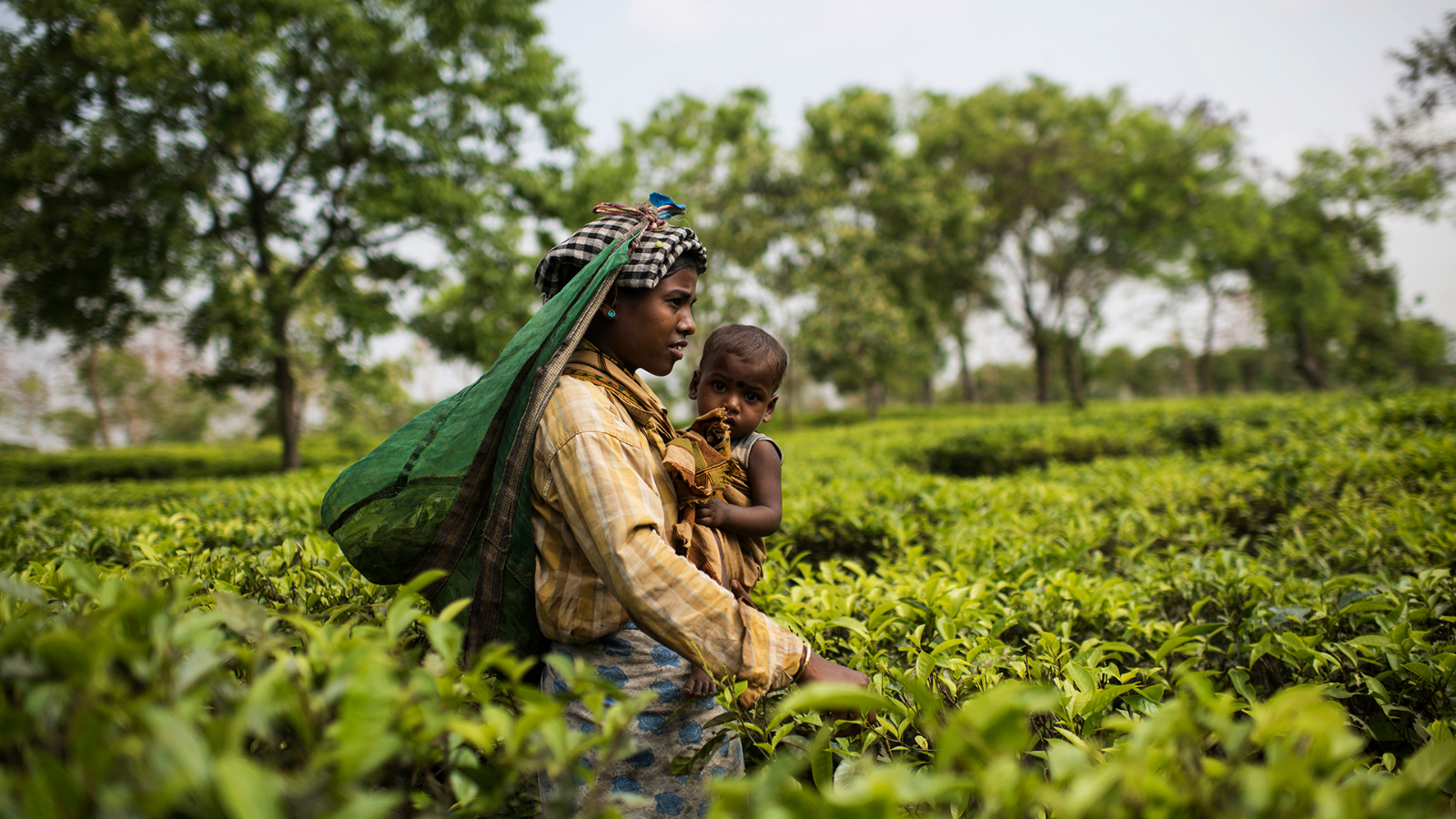Now Reading: How Climate Change Threatens Mothers and Children’s Well-Being
-
01
How Climate Change Threatens Mothers and Children’s Well-Being
How Climate Change Threatens Mothers and Children’s Well-Being

Quick Summary
- A report by the London School of Hygiene and Tropical Medicine outlines the severe impact of climate change on mothers and children, notably in poorer regions.
- Extreme heat increases risks of preterm births, stillbirths, low birth weight, congenital defects, and pregnancy complications. In some countries like The gambia,pregnant farmers regularly experience heat stress.
- Air pollution, primarily from fossil fuel combustion and wildfire smoke, is linked to 16% of global low birth weight cases. Exposure during pregnancy raises risks for preterm births and postpartum depression.
- Children at risk: one billion children live under “extremely high risk” conditions from flooding, malnutrition caused by drought-related crop failures, and waterborne diseases due to climate-induced disasters.
- Future emissions scenarios indicate worsening maternal-child health outcomes globally unless swift action is taken. In medium emissions settings (+2.5-3°C warming), expected progress on child mortality rates may reverse substantially.
- Immediate remedies include cooling urban areas with tree planting, improving maternal health systems in vulnerable regions, addressing malnutrition through supplements for pregnant mothers along with climate adaptation planning.
Indian Opinion Analysis
This report sheds light on the intersection between climate change’s growing footprint and public health challenges. The findings are concerning given India’s vulnerability to extreme weather events such as heat waves – ranked among the most perilous threats for pregnant women – air pollution hotspots that persist nationwide despite environmental policies like India’s National Clean Air Program (NCAP), as well as widespread food insecurity exacerbated by erratic monsoons.
The situation necessitates immediate adaptive measures tailored to local challenges in India. For instance:
- Urban centers shoudl accelerate efforts for plantation drives or adopt green infrastructure projects to mitigate urban heat effects specifically targeting vulnerable groups like expectant mothers.
- Enhanced maternal healthcare access across rural regions prone to shifting weather patterns could stem preventable fatality rates during pregnancies impacted by both economic inequality & resource shortages/data exclusions flagged inside study modeling Science Algorithms etc disaster readiness etc


























